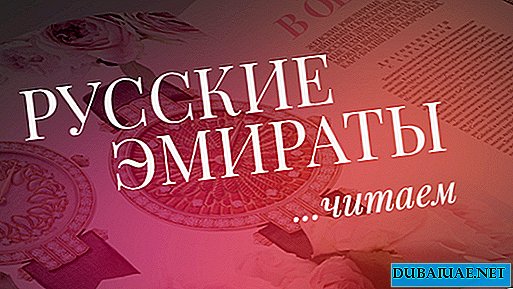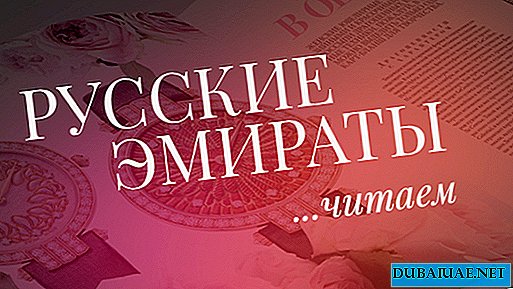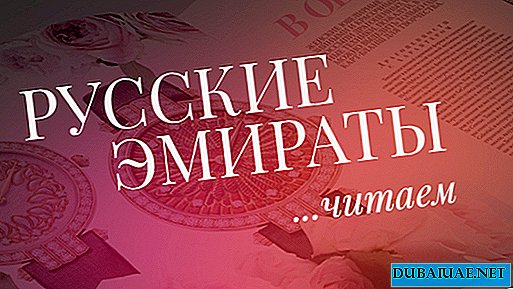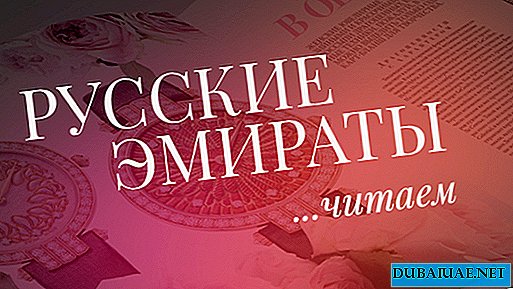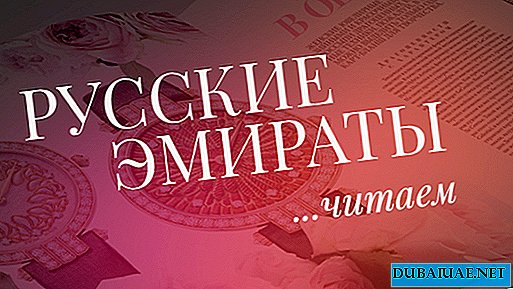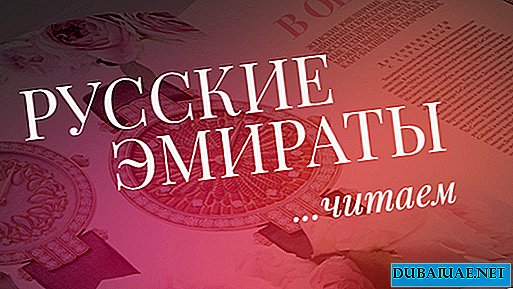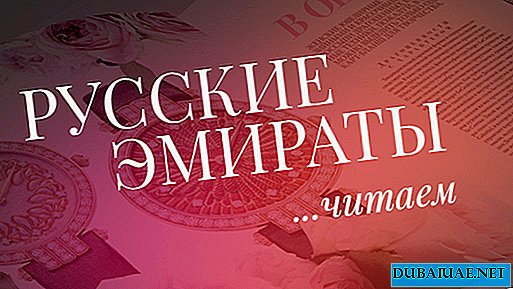 Text: Natalia Remmer
Text: Natalia Remmer TO A LIVING HISTORY ALWAYS TOUCH WITH A THREAT. ESPECIALLY WHEN THE SPEECH IS ABOUT OUTSTANDING PERSONALITIES, PRAISING NOT ONLY THE FATHERLAND, BUT AND PRESENTING THEIR BRILLIANT TALENT TO THE WORLD.
Those who left the Soviet Union in the 60-80s took with them not just their abilities, dreams and achievements. Mstislav Rostropovich and Galina Vishnevskaya, Vladimir Gorovits, Rudolf Nureyev, Mikhail Shemyakin and Mikhail Baryshnikov, and many more of those who, unlike, for example, Joseph Brodsky and Sergei Dovlatov, did not leave a rich written heritage, along with intellectual and emotional baggage and the Russian language of that time, the manner of communication and understanding of the world that you rarely see today. And the livelier and more valuable the touch of history.
I am European in spirit
Vladimir Ashkenazi left the Soviet Union in 1963. Already at that time, an outstanding pianist, laureate of prestigious music competitions, a pupil of the famous Lev Oborin and a graduate of the Moscow Conservatory, married to an Icelandic citizen, simply did not return from the tour. Remained to live in London. What was that time like? On social space, the Khrushchev thaw entered its final stage: the social power launched the first female cosmonaut into orbit, Aeroflot liners began to fly to Cuban Havana from Moscow, played a twist at dance floors, and shot the youngest president John Kennedy in the Democratic States.
Vladimir Ashkenazi: Of course, I consider Russia my home. I was born there (in Gorky, in 1937 - approx. Ed.), Brought up at the conservatory, I had wonderful teachers. In Soviet Russia it was difficult to be yourself, and I love music Russia very much. I was absent for 26 years, until 1989, and now I come every two or three years, I played many concerts.
When I left, the world was divided into two camps. It’s hard to say how he shares. But I want to believe that we are moving forward in the sense of the equal rights of people in their daily lives. Western Europe, the USA, New Zealand, Australia are becoming leaders in matters of equal rights of people, freedom of speech and movement. I hope that the world will continue to move along this path. What people will think the way they want, and not the way they are told. After all, the suggested consciousness interferes with the correct perception of the world and equality. And this is very important! If we talk about the Arab world, then I do not have enough information to judge it. I only know that it is very big and different. But I hope that in this world it is possible to achieve the equal rights of men and women.
The Soviet Union, and indeed Russia, is difficult to reproach with national chauvinism or egoism. If a country grows musicians from the school bench (for itself, and not for export), provides them with the opportunity to engage, to reveal their talent, and later provides the opportunity to find a job and tour around the world, the requirement of loyalty looks quite reasonable. Today, many Russian musicians belong to the whole world, which does not affect their talent for the worse and, moreover, does not damage the image of the state. Yes, and did not do it before! Just today, perception has changed.
 Vladimir Ashkenazi: I am European in spirit and, of course, I am pleased to be in Europe, especially in London. However, this does not affect relations with the orchestras of the USA, China or Japan. But with European musicians, as they say, we are on the same wavelength. It's nice that today Russians can study at the conservatory abroad, tour a lot around the world, so their talent is highly valued at a global level.
Vladimir Ashkenazi: I am European in spirit and, of course, I am pleased to be in Europe, especially in London. However, this does not affect relations with the orchestras of the USA, China or Japan. But with European musicians, as they say, we are on the same wavelength. It's nice that today Russians can study at the conservatory abroad, tour a lot around the world, so their talent is highly valued at a global level.
When I studied at the conservatory, we had a very strong emphasis on Russian music. And I can’t say that this is bad. In Germany, for example, emphasis is placed on German music. Such pressure does not exist only in countries where there is no national music.
Russian music is a phenomenal phenomenon, and its influence on our formation was very strong. When I had the opportunity to travel to the West, I began to broaden my horizons to understand all the rest of the music as it should be understood. If you live in one country, you will evaluate the rest of the world culture in the context of your cultural values. I began to teach myself to understand all music. And this was a very important circumstance for me!
Vladimir Ashkenazi: Rimsky-Korsakov had a specific talent of a Russian musician. However, today his compositions, with the exception of the tale of Shakherezad, are not played almost anywhere, and the symphonies of Pyotr Ilyich Tchaikovsky and Dmitry Shostakovich are known throughout the world. Russian music has its own expressiveness and specificity, but it borrowed many constructions and rules from the West. Without the West, it would have been completely different. I often think about the future of our music.
I don’t really like the existing definition of classics, I myself understand by it the period from Bach to Shostakovich. In order to understand what this music expresses, efforts are needed - both emotional and intellectual. I think today 2-3% of the world's population is interested in this unique phenomenon, and I hope that in the future, with an increase in the world's population, they will remain 1-2%. After all, to lose our self-expression - in music, literature or philosophy - it means to fall to a very low level of existence.
I live in the spirit world
Today, the Ashkenazi family is a three-generation musical dynasty. Musicians are well aware of the name of David Ashkenazi, the father of our hero, the Soviet pop pianist and composer. Vladimir himself has five children: the eldest, also Vladimir (or Vovka - approx. Ed.), Is a music teacher, the youngest, Dmitry, is a clarinet player. Sister - Elena Davidovna Ashkenazi, pianist and music teacher, her son, Vladimir Sverdlov, is a pianist. Vladimir Ashkenazi himself, a senior lecturer, is not involved.
Vladimir Ashkenazi: I am grateful to fate that I turned out to be a musician. I live in the spiritual world and would like all of humanity to live in it. In winter and summer, I take two months of rest, doing a new repertoire. The rest of the time I tour. I do not practice master classes, but I am always ready to listen to a talented musician, advise on what I need to work on. I tour a lot, and the student needs to be monitored: from week to week, from month to month. Giving one lesson every two months is unproductive.
Vladimir Ashkenazi gives the impression of a surprisingly cheerful person. At one glance at his photographs you are charged with positive energy. Fortunately, today we have the opportunity to enjoy his work. March 24, Vladimir Ashkenazi will perform with the European Union Youth Orchestra at the Classical Music Festival in Abu Dhabi. The program will include works by Mikhail Glinka, Antonin Dvorak and Sergey Rachmaninov.
FROM BIOGRAPHY
- Vladimir Ashkenazi was born in 1937 in the family of the famous Soviet Jewish pop pianist David Ashkenazi.
- In 1945 he entered the Central Music School, where he studied under Anaida Sumbatyan. The first solo concert in the Great Hall of the Moscow Conservatory, composed exclusively of works by Chopin, took place in April 1955. In the same year he entered the conservatory, in the class of Lev Oborin. The following year he achieved his first major international success: he was awarded the second prize at the Chopin Competition in Warsaw and the first at the Queen Elizabeth Competition in Brussels.
- In 1957, his first foreign tour in Germany took place.
- In 1962, he won the Second International Tchaikovsky Competition in Moscow (the first prize was shared between him and the Englishman John Ogdon). A year later, after his debut in London, he decided not to return to his homeland and, together with his wife and son, settled in England.
- In 1963, he was awarded the Harriet Cohen International Music Prize in London.
- In 1969 he moved to Iceland with his family, where he began his conducting career. Over the years, he directed the London Philharmonic Orchestra, the Royal Philharmonic Orchestra, the Cleveland Symphony Orchestra, the Berlin Radio Orchestra, etc.
- Today, he continues his musical career and tours a lot in different countries. Seven-time winner of the Grammy Award in the category "Performance of Classical Music".
- As a conductor, he is known as a performer of the compositions of Russian composers, in particular, Sergei Prokofiev.
- With various orchestras, he performed and recorded all the symphonies of Johannes Brahms, Jan Sibelius, Alexander Scriabin, Sergey Rachmaninov, Dmitry Shostakovich ...
A LITTLE ARTS FICTION
They say Khrushchev was a smart person. But pianist Vladimir Ashkenazi was even smarter. Many consider Vladimir Ashkenazi a "defector." However, this is not true.
Ashkenazi went to the West completely legally. Here's how it happened (according to Khrushchev’s memoirs, by the way, quite truthful). Ashkenazi was, as they say, “visiting”. Married Iceland. He continued to tour abroad. And every time he came back. Even every time in advance I bought a return ticket.
Once, he and his wife were in London. Ashkenazi turned to the Soviet embassy. He said that his wife no longer wants to go to Moscow. He asked how he should be.
The ambassador reported all this to Minister Gromyko. Gromyko told Khrushchev. Khrushchev, as appears from his memoirs, said: “Suppose we order him to return.” Of course, he will not return. And besides, it will become an anti-Soviet person.
Khrushchev put it literally: "Why do we need to produce an anti-Soviet person?"
And he continued: - We will give him a foreign passport. Let him remain a Soviet man. Let him go wherever he wants. And when he wants, let him return home.
Ashkenazi never returned home. But he saved his relatives from oppression. Everything ended peacefully and decently ... It is not for nothing that they say that Khrushchev was an intelligent man.
From the book by Marianna Volkova and Sergey Dovlatov "Not only Brodsky. Russian culture in portraits and jokes"


